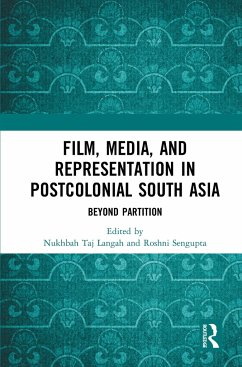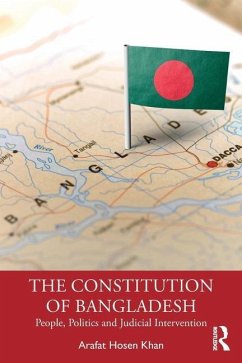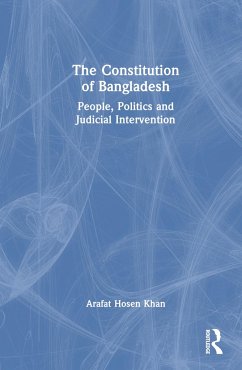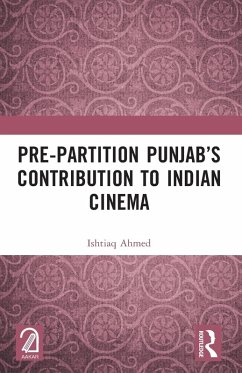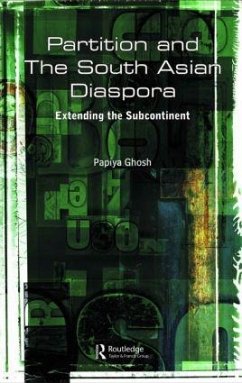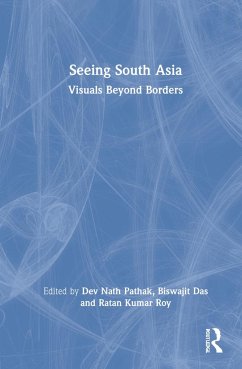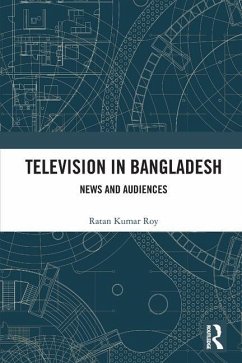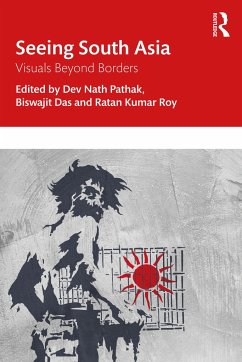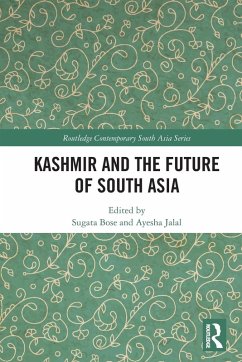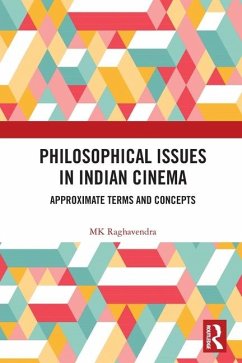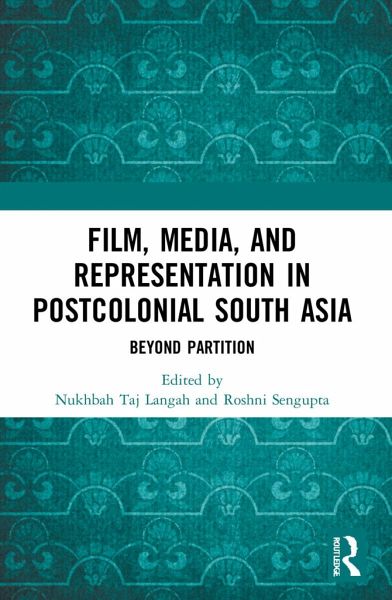
Film, Media and Representation in Postcolonial South Asia
Beyond Partition
Herausgegeben: Langah, Nukhbah Taj; Sengupta, Roshni
Versandkostenfrei!
Versandfertig in 6-10 Tagen
45,99 €
inkl. MwSt.

PAYBACK Punkte
23 °P sammeln!
This volume brings together new studies and interdisciplinary research on the changing mediascapes in South Asia. Focusing on India, Pakistan, and Bangladesh, it explores the transformations in the sphere of cinema, television, performing arts, visual cultures, cyber space and digital media, beyond the traumas of the partitions of 1947 and 1971.Through wide-ranging essays on soft power, performance, film, and television; art and visual culture; and cyber space, social media, and digital texts, the book bridges the gap in the study of the postcolonial and post-Partition developments to reimagin...
This volume brings together new studies and interdisciplinary research on the changing mediascapes in South Asia. Focusing on India, Pakistan, and Bangladesh, it explores the transformations in the sphere of cinema, television, performing arts, visual cultures, cyber space and digital media, beyond the traumas of the partitions of 1947 and 1971.
Through wide-ranging essays on soft power, performance, film, and television; art and visual culture; and cyber space, social media, and digital texts, the book bridges the gap in the study of the postcolonial and post-Partition developments to reimagine South Asia through a critical understanding of popular culture and media. The volume includes scholars and practitioners from the subcontinent to foster dialogue across the borders, and presents diverse and in-depth studies on film, media and representation in the region.
This book will be useful to scholars and researchers of media and film studies, postcolonial studies, visual cultures, political studies, partition history, cultural studies, mass media, popular culture, history, sociology and South Asian studies, as well as to media practitioners, journalists, writers, and activists.
Through wide-ranging essays on soft power, performance, film, and television; art and visual culture; and cyber space, social media, and digital texts, the book bridges the gap in the study of the postcolonial and post-Partition developments to reimagine South Asia through a critical understanding of popular culture and media. The volume includes scholars and practitioners from the subcontinent to foster dialogue across the borders, and presents diverse and in-depth studies on film, media and representation in the region.
This book will be useful to scholars and researchers of media and film studies, postcolonial studies, visual cultures, political studies, partition history, cultural studies, mass media, popular culture, history, sociology and South Asian studies, as well as to media practitioners, journalists, writers, and activists.





